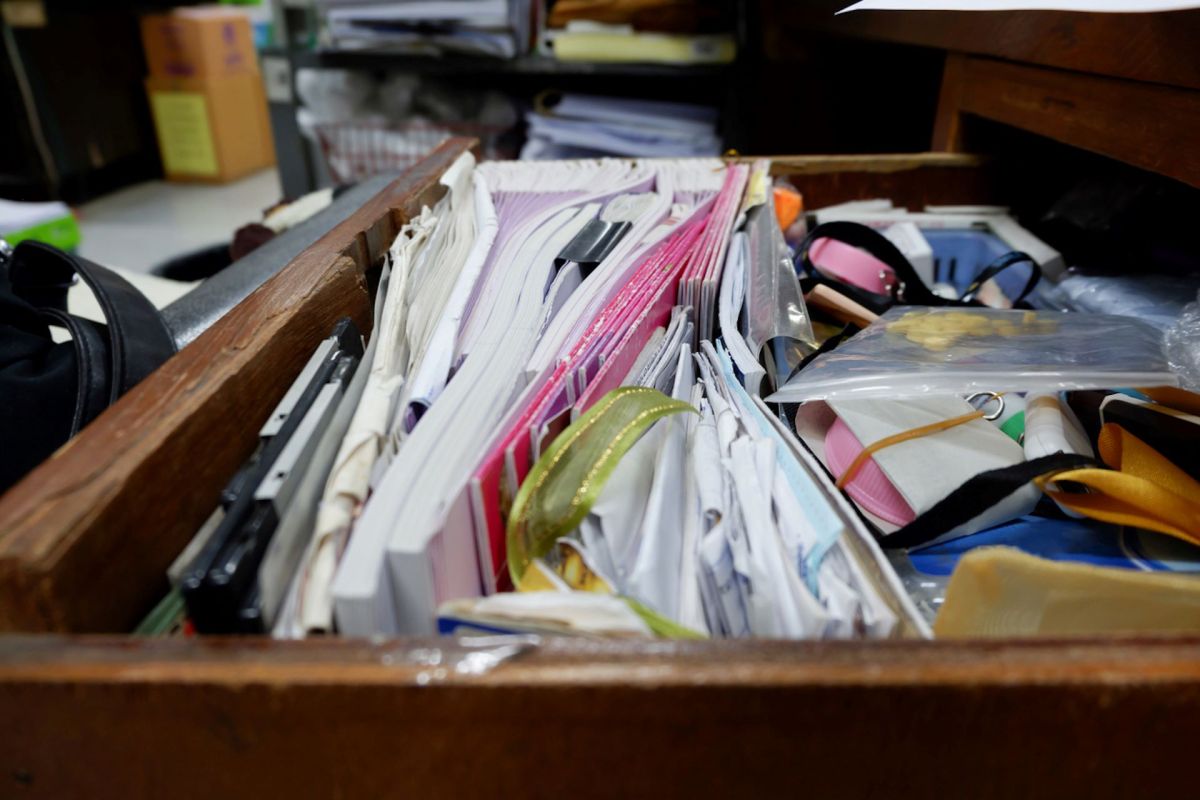What do you expect to find in an old piece of furniture? Love notes? Forgotten pencils? Dust?
What about seeds? One furniture restorer shared their surprise on Reddit when they found a can of melon seeds in an old desk.
The Redditor posted photos of an old rusty can they found in a desk they had been restoring. Inside, they found a ton of melon seeds with a note that included the name of the original planter, the type of seeds (watermelon), and the harvest year (1870). These seeds are more than 150 years old!
The post notes the original harvester "must have had a delicious melon crop that year! He saved these seeds in an old black pepper tin and stashed it in his desk." The original poster notes they would try to see if these seeds would sprout.


Seed saving is a common practice among homesteaders and home gardeners. Saving seeds can save you money in the following years and reduce the need to buy seeds from a store. Seed saving is also a crucial act in food sovereignty, which emphasizes the importance of decentralized food production and diverse crop varieties.
In an unlikely "time capsule," these watermelon seeds have the potential to be a very unique botanical experiment. Since the agricultural revolution of the mid-twentieth century, more of our crops have been genetically altered to meet increased food demand. The watermelon seeds are an invaluable look into our culinary and botanical past, as one commenter noted: "It would be a pity to lose something that may not be in commerce anymore. Every genetic resource is precious and not replaceable."
If planted and successfully harvested, these heirloom watermelon seeds could produce watermelons much different than the ones in stores today.
Commenters on the post shared their excitement for these antique seeds. Other botany enthusiasts suggested that the original poster share the seeds with a local Seed Savers Exchange or university, who could help successfully sprout the old seeds. One commenter excitedly added that with these heirloom seeds, the original poster "could literally change [crops] forever."
Join our free newsletter for easy tips to save more, waste less, and help yourself while helping the planet.









